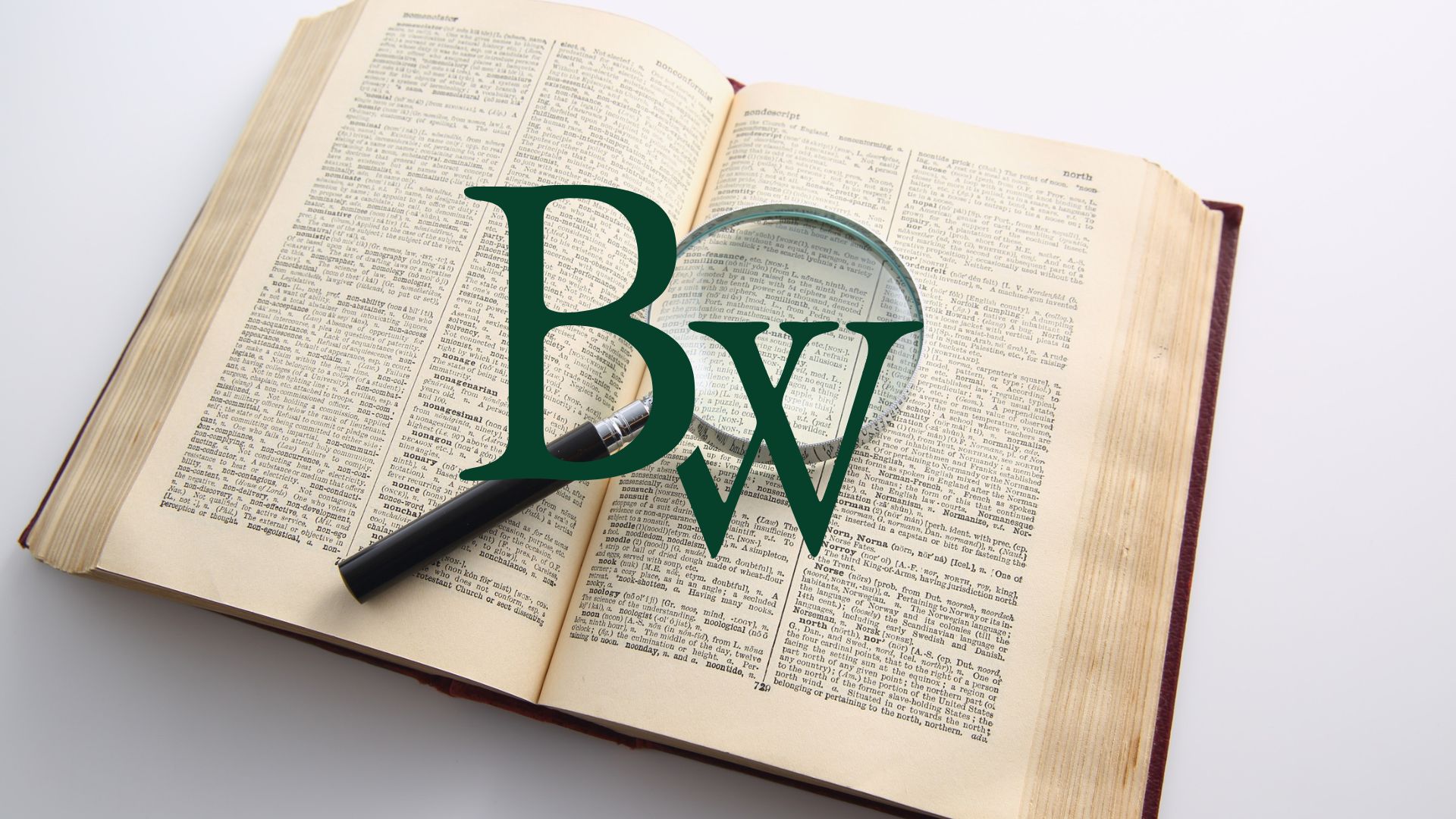Lien Information
Liens serve as a form of security interest for creditors, ensuring repayment of money owed. They can arise through contracts, by statute, or through court judgments. Common types of liens include **mortgage liens**, **mechanic’s liens**, **tax liens**, and **judgment liens**.
When a lien is recorded against a property, it becomes a matter of public record and must typically be satisfied before the property can be sold or refinanced. Liens do not transfer ownership but restrict the property owner’s ability to convey clear title until the obligation is paid or legally removed.
Failure to resolve a lien can lead to foreclosure or forced sale of the property.
Florida Legal Definition
Under **Florida law**, a lien is defined as a charge or encumbrance upon property to secure the payment of a debt or obligation. The governing laws vary depending on the lien type—for example, **Chapter 713, Florida Statutes**, covers construction and mechanic’s liens, while **Chapter 85** addresses general liens.
A lien must usually be properly recorded in the county where the property is located to be enforceable against third parties. Florida law also provides procedures for contesting, discharging, or satisfying liens through payment, court action, or filing of a satisfaction notice.
How It’s Used in Practice
In Florida, liens are widely used in real estate, construction, and debt collection.
- Mortgage lenders record liens to secure repayment of home loans.
- Contractors and suppliers may file construction liens under Chapter 713 for unpaid work or materials.
- Courts issue judgment liens when creditors win civil cases and record them to collect debts.
- Taxing authorities may place liens for unpaid property taxes or state taxes, enforceable through foreclosure or levy.
Attorneys and title professionals routinely check for liens during title searches to ensure clear ownership transfer.
Key Takeaways
- A lien is a creditor’s legal claim against property as security for a debt or obligation.
- Liens must typically be satisfied or released before property can be sold or refinanced.
- Florida regulates various lien types under Chapters 85 and 713, Florida Statutes.
- Failure to pay a lien may lead to foreclosure, repossession, or legal enforcement.
- Title searches and lien releases are essential steps in any real estate transaction.
Disclaimer: The information and opinions provided are for general educational, informational or entertainment purposes only and should not be construed as legal advice or a substitute for consultation with a qualified attorney. Any information that you read does not create an attorney–client relationship with Barnes Walker, Goethe, Perron & Shea, PLLC, or any of its attorneys. Because laws, regulations, and court interpretations may change over time, the definitions and explanations provided here may not reflect the most current legal standards. The application of law varies depending on your particular facts and jurisdiction. For advice regarding your specific situation, please contact one of our Florida attorneys for personalized guidance.
Visit our legal department pages:
Real Estate Attorneys
Business Attorneys
Litigation Attorneys
Estate Planning Attorneys
Inheritance Attorney
Probate & Trusts
Trust • Experience • Results
Ready to Get Started?
Get started with Barnes Walker today.









